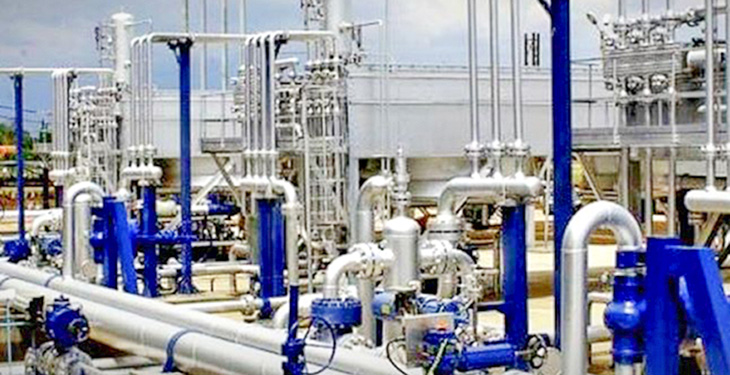The abandonment of gas storage will be a solution for reduced pressure on prices, but this will happen in the detriment of the energy security, said Florin Tudorache, director of the Gas Ring of the Romanian Commodities Exchange, for energynomics.ro. “The price is decreasing, but the energy security is questionable. The price will decrease in direct relation with the injection and extraction rates. The problem is what do we do in the winter when we need this gas”, said the quoted source. “But my opinion is that this measure should not be mandatory. Before securing the price, gas has to be secured, as the suppliers and the distributors have also warned”, says Tudorache.
The obligation to store gas is very important to ensure security of supply in the winter, at least until the Romanian gas wholesale market is mature, says Eric Stab, CEO of ENGIE Romania. “Storage is a very important tool for the supply security. It is true that last year Romania provided almost its entire consumption out of domestic production, but during the winter we relied on imports and we will continue to rely on imports until new quantities of gas will come to the market, based on new discoveries”, said Stab. In his view, this means that storage will have to continue to play a very important role, at least until we have a wholesale market that can replace the storage. “This is not the case at present because we do not have liquidity on the wholesale market”, said the ENGIE official.
On Thursday, the President of the National Regulatory Authority for Energy (ANRE) Niculae Havrilet said that gas suppliers may no longer be obliged to make deposits for the future cold season, as the price of imported gas will be lower in winter compared to the price of the stored gas. “If we make it, if we oblige the suppliers, we will do it for security, not for the smallest price, but we also have to think about who pays the security. The consumer may not want it, who asked him? It might be perceived as state aid that we give to a company that stores”, he said, quoted by Agerpres. According to Havrilet, the right thing would be to have both a strategic and a free stock. “It is a legislative initiative to make this year a strategic stock. The law will determine who will do it, it could even be the State Reserves”, added the ANRE president.
He also said that next winter will be the first when imports will be cheaper than the stored domestic gas. “Last year the price for the population was set at 60 lei per MWh and, with 20 lei the storage tariff, the gas from the warehouses were 80 lei. At the same time, the import gas price was still there, 79-80-81 lei. But now there is a difference of 12 lei and the consumer has the right to change his supplier with one that, for example, only purchases imported gas and, in the long run, gets a price even better than 80 lei and noone can stop the consumer from going to another supplier. Then the supplier who stored it comes in and says: ‘Who pays me, that because I was forced to store?'” Up to date, the suppliers have been forced to deposit a certain amount of gas during the April-October period, the gas that were used during winter, for the security of supply at the peak of consumption.
At the same time, Eric Stab says that in very cold weather periods in the winter, the gas in the warehouses has a very important weight. “On the coldest days of winter, the peak of consumption was 72 million cubic meters per day. On that day, the deposits ensured 24 million cubic meters, that is, a third of the demand on that day. If it wasn’t for the stored gas, we would have had big security issues in supply, and we’d ask ourselves who we would interrupt first”, said Stab. He remembered the situation in 2009, when the Russians stopped the gas supplies for several weeks, but Romania managed to overcome well that period because of the gas stored. “So we strongly believe that the obligation to store gas is very important for everyone to ensure security of supply, at least during the time when the wholesale gas market cannot play this role, as is the case in some Western countries, where there are strong wholesale markets”, added the energy company’s representative.

